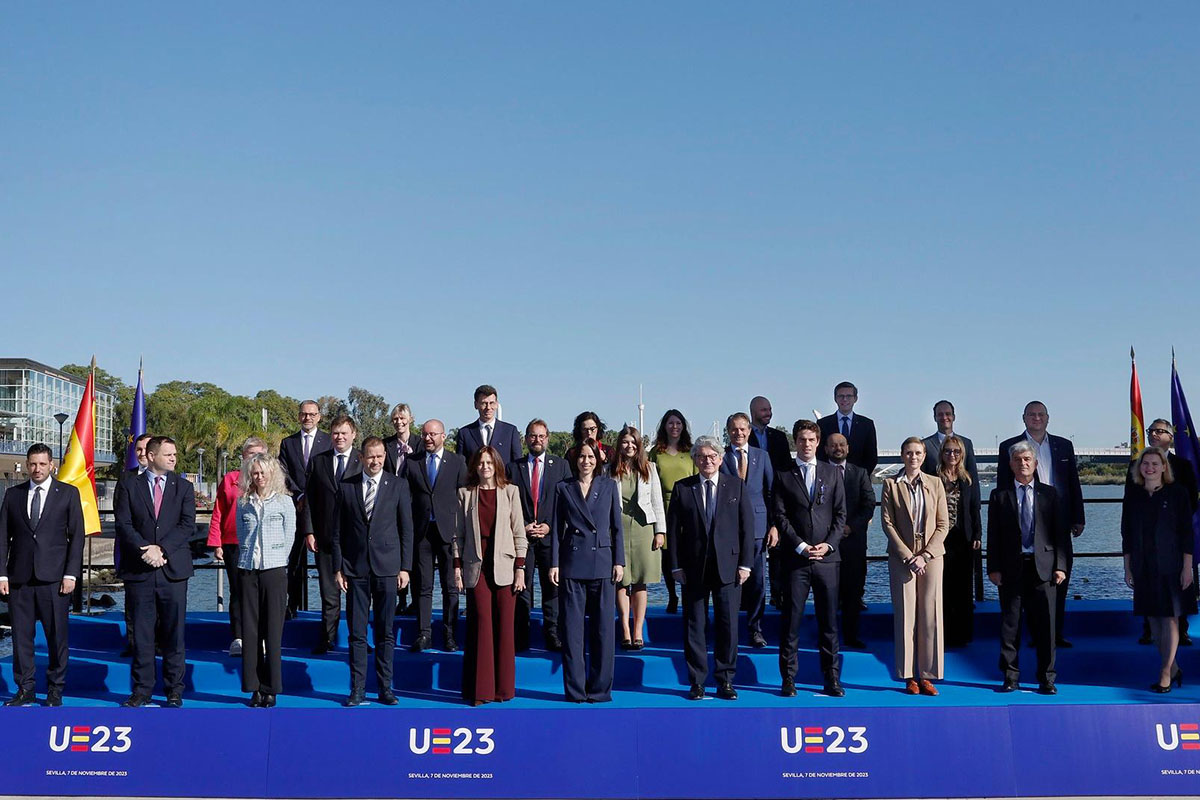Morant stressed that space systems have become essential to the well-being of Europeans because they strengthen our economy, increase security and ensure our strategic independence. “To strengthen the Union, we must also strengthen our position in space,” he added.
Furthermore, the Acting Minister stated that space activity provides tools to combat climate emergencies and natural disasters and combats denial by providing scientific evidence about the phenomenon.
Specifically, measures aimed at strengthening the European strategic autonomy of space infrastructure and services were discussed at the meeting, which was held within the framework of the Spanish Presidency of the Council of the European Union.
There were also discussions on how to reduce the EU’s strategic dependence in the aviation value chain and how to protect European space assets and make them more competitive and resilient in the face of future crises or threats.
European space programmes
EU Ministers highlighted the importance of stimulating access to space by promoting new European launch systems and discussed possible measures to ensure independent access to space and increase the resilience of the EU’s space infrastructure, including the replacement of constellations and the deployment of future constellations.
One of the major European space services is the Galileo Global Positioning Satellite Navigation and Time Synchronization System. Specifically, the presence of its own positioning system provides the EU with strategic autonomy in relation to third countries and can be used in cutting-edge projects in sectors such as agriculture.
In the area of strategic autonomy, the crucial role for the future of the EU is the implementation of the IRIS 2 satellite constellation, the infrastructure for resilience, interconnectivity and security via satellites, which has expectations of full operational capability by 2027.
This constellation will provide secure communications, global sovereignty and allow infrastructure protection or crisis management, while contributing to the digital transformation and European Global Gateway Strategy.
During the meeting, the Copernicus Earth Observation Program was also highlighted, which is fundamental for the implementation of the European Green Deal (Green Deal) initiatives, because it allows monitoring of phenomena such as drought, fires or floods, which are increasingly frequent.
Another function of Copernicus is to show society the scientific evidence of global warming, and is therefore a key tool for countering climate change denial discourses.





